
Study results indicate that maintaining control of blood pressure and hemoglobin A1c are key to preventing the onset of diabetic retinopathy

Study results indicate that maintaining control of blood pressure and hemoglobin A1c are key to preventing the onset of diabetic retinopathy

This study also investigated the development of myopia rebound when dosing was discontinued
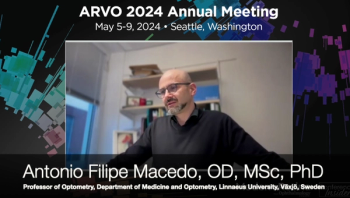
Antonio Filipe Macedo, OD, MSc, PhD, speaks about his ARVO presentation on vision-related activity difficulties in patients with neovascular age-related macular degeneration

New research findings presented at this year's ARVO meeting compare two groups of paediatric patients in Nepal
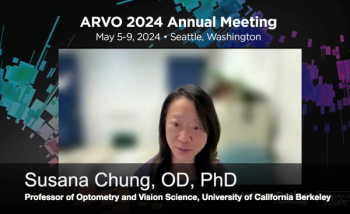
Susana Chung, OD, PhD, speaks about one of her ARVO presentations and the future of artificial intelligence in eye care
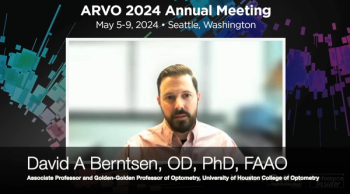
At this year's ARVO meeting, new data from the BLINK2 study show axial growth rates after discontinuing soft multifocal contact lens wear

Age of vision loss onset has a stark impact on patients’ auditory processing and sensory substitution

Study data demonstrated a significant correlation between visual function, structure and neurological impairment in an experimental autoimmune encephalomyelitis model

Ahead of the meeting, several companies previewed product pipeline announcements and research data presentations

The meeting kicks off with symposia and an opening keynote speech from Ed Yong
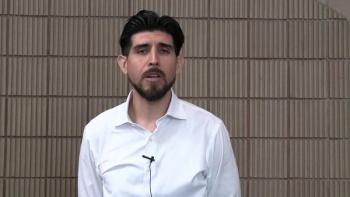
Ronald Zambrano, lab supervisor for the advanced Ophthalmic Imaging Lab at NYU Langone, talks about lamina cribrosa pressure and predicting structural glaucoma progression at this year's ARVO meeting.

Japanese investigators have found an ocular biomarker of cardiovascular diseases.
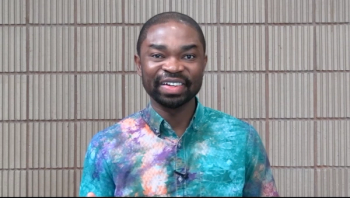
Dr Edmund Arthur shares his research on the early detection of diabetic retinopathy in underserved communities at this year's ARVO meeting.
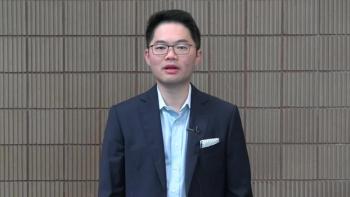
Dr T.Y. Alvin Liu talks about predictive AI and its uses in ophthalmology and screening of the eyes at this year's ARVO meeting.
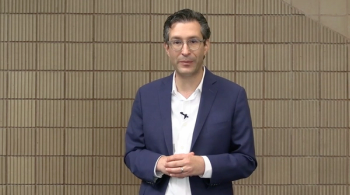
Dr Carl Danzig, MD, FASRS, spoke at this year's ARVO meeting on the post hoc analysis for the GATHER trials regarding vision loss and patients receiving ACP 2/mg versus sham.
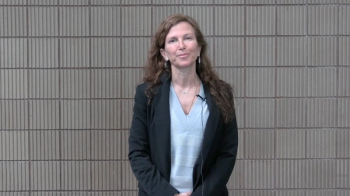
Dr Caroline Baumal talks about Apellis' presentations focusing on visual function, imaging and artificial intelligence at this year's ARVO meeting.

Dr Deborah Ferrington talks about her ARVO presentation on using human donor tissue to identify the mechanism responsible for the death of the retinal pigment epithelium.

The programme includes thousands of poster and paper presentations by up-and-coming vision scientists and world leaders in their respective subspecialties.

The host city of New Orleans, Louisiana, US, is replete with old world charm and ambiance and can satisfy any sightseeing, gastronomic and musical appetites.
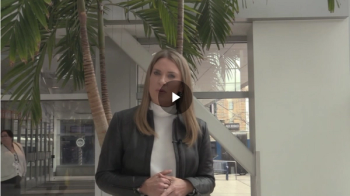
Dr Sally Tucker of Ora Europe walks through the clinical trial pathway, describing how Ora addresses complexities to make the path as efficient as possible.
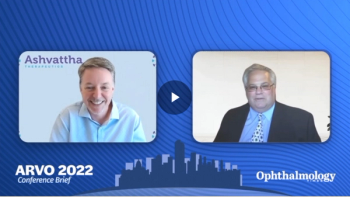
Jeff Cleland, PhD, CEO of Ashvattha, discusses safety data for an at-home subcutaneous anti-VEGF injection option in development for the treatment of wet AMD and DMO.
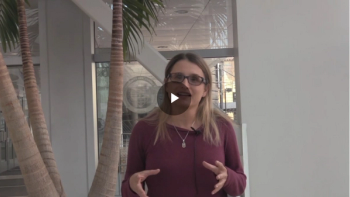
Takeaway: there doesn't seem to be a specific dry eye phenotype that does better or worse.
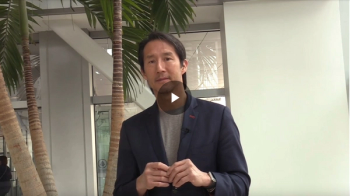
The OpRegen trial is a cell therapy trial, looking to explore potential safety and efficacy for patients with advanced dry age-related macular degeneration (AMD).
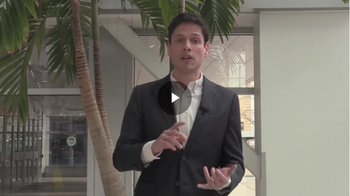
The study assesses retinal blood biomarkers using a new prototype OCT, aiming to measure retinal biomarkers such as blood flow volume, average velocity and vessel diameter with a new prototype.
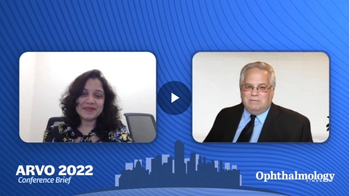
The study found that if certain forms of nystagmus that are seen in patients, then there is a higher chance of poor binocular visual function, as well as higher interocular suppression.

Presented at ARVO 2022, research from Mass Eye and Ear hopes to open a new avenue for therapies that are for helping treat patients that develop primary open angle glaucoma.
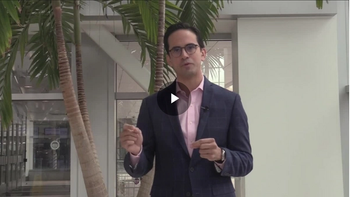
Dr Carlos Quezada Ruiz, senior medical director at Genentech, discusses “Predicting optimal treatment regimen for patients with neovascular age-related macular degeneration using machine learning.”
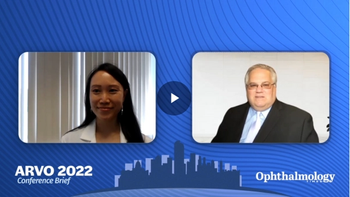
The study evaluates three separate cases, each of which experienced irreversible changes in their corneal structure caused by challenges in getting timely treatment due to various reasons, including insurance, lost to follow up, and the COVID-19 pandemic.
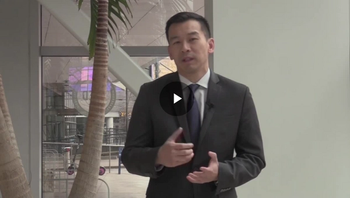
The Phase 3 integrated PEACHTREE and AZALEA study data revealed strong safety and efficacy for triamcinolone acetonide via suprachoirodal injection.
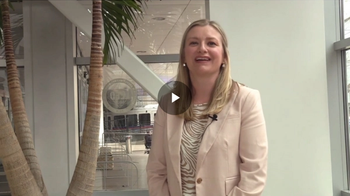
Ora's Caitlin Black, senior director and therapeutic area head of medical devices, talks about the next generation of ophthalmic device therapies and diagnostics, clinical trial updates and new innovations that are most exciting for presbyopia treatment.